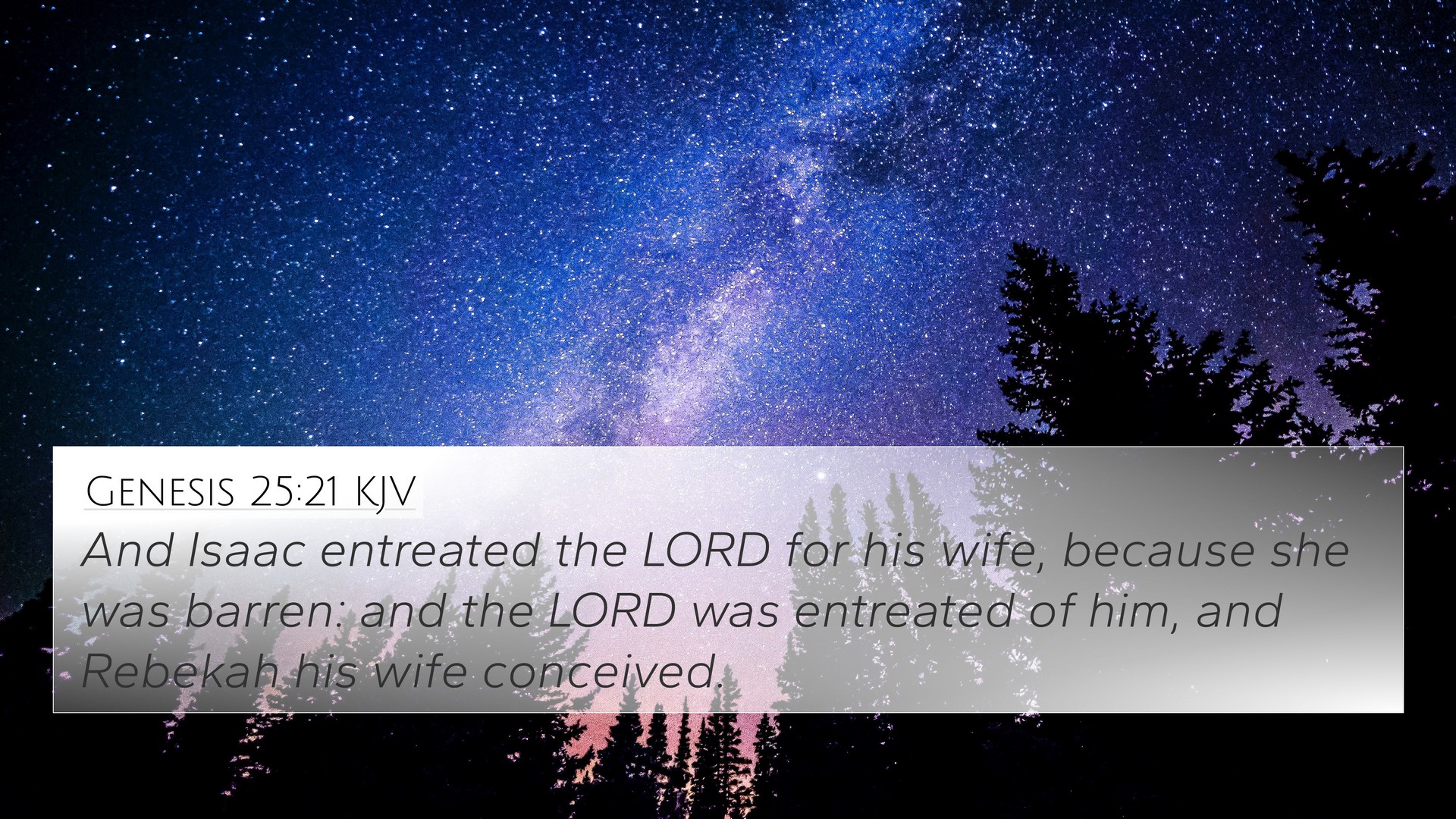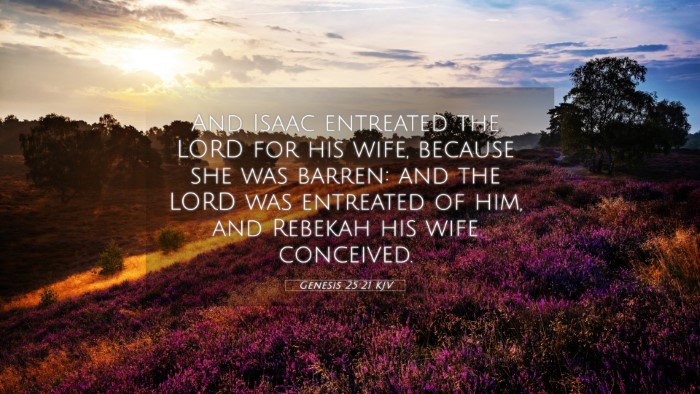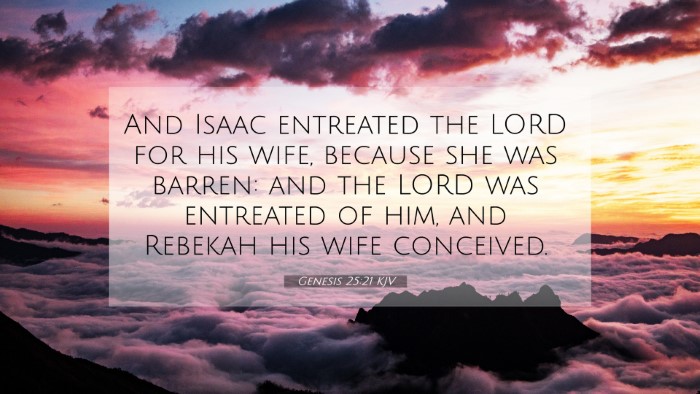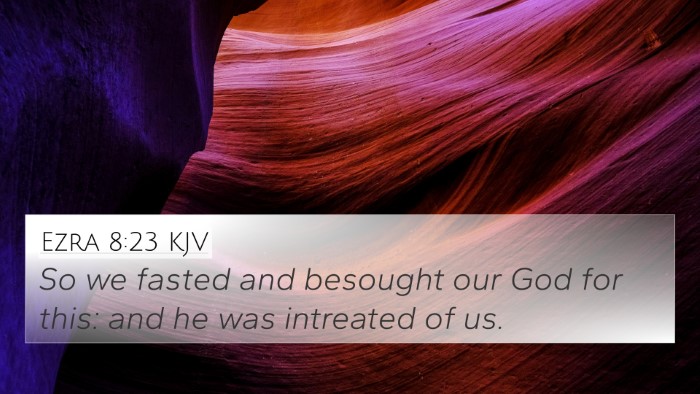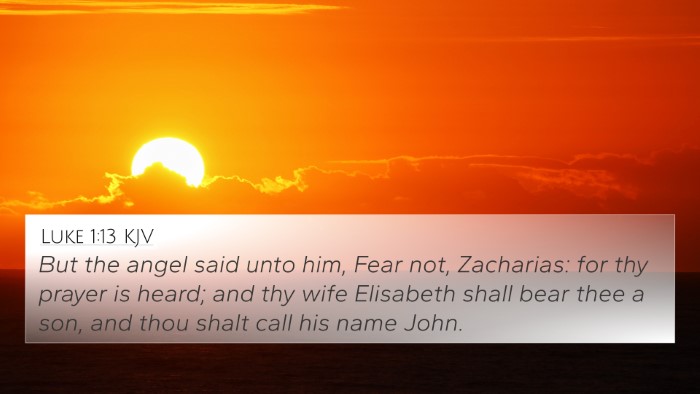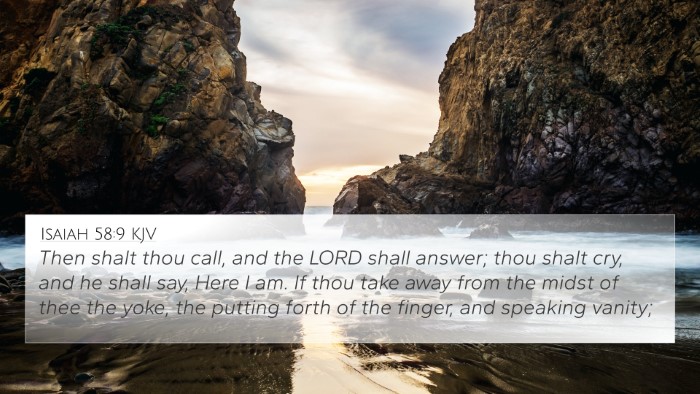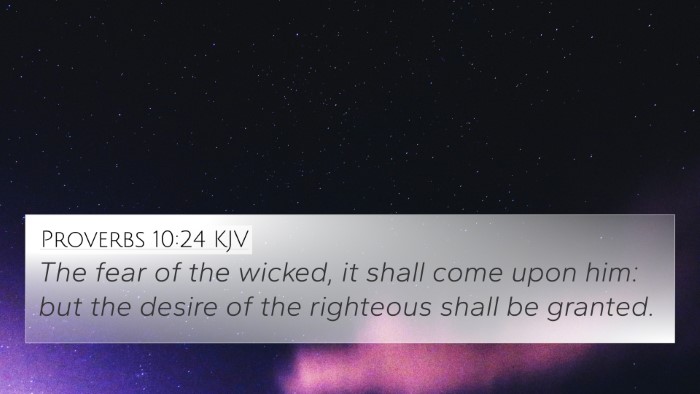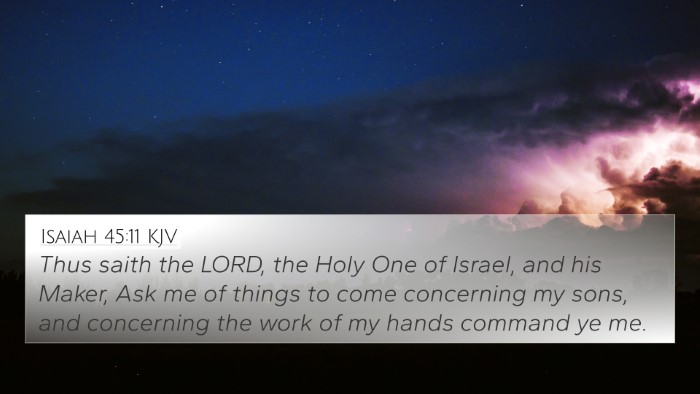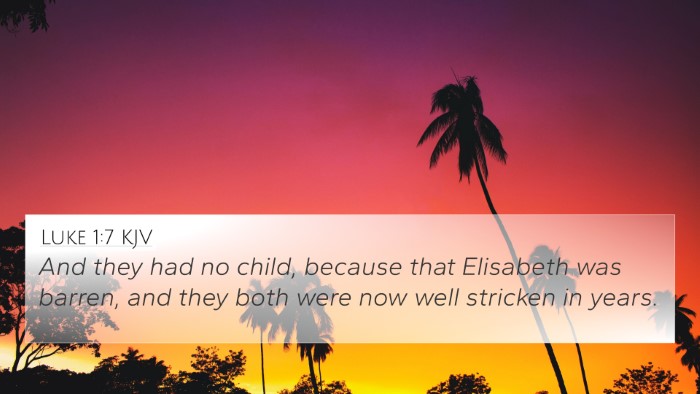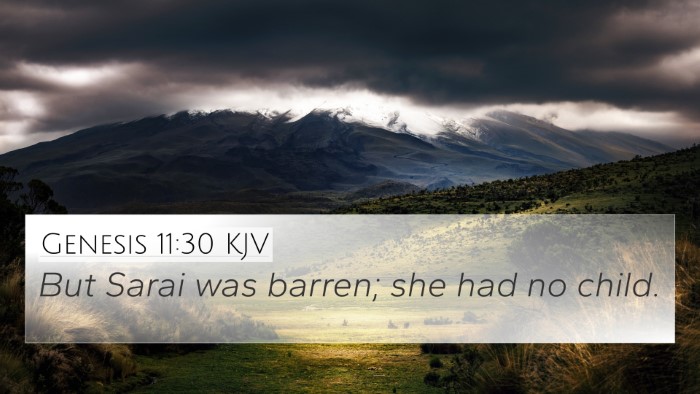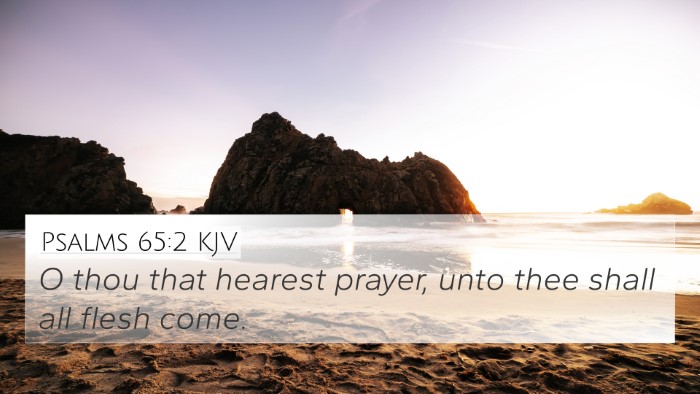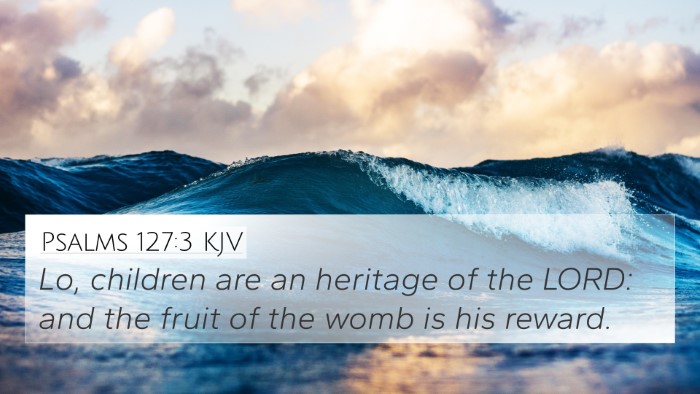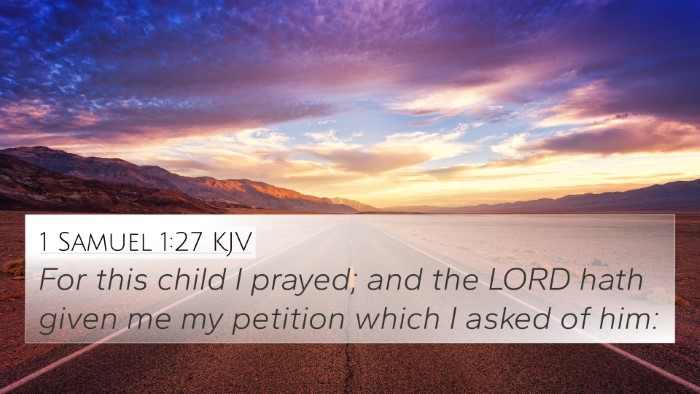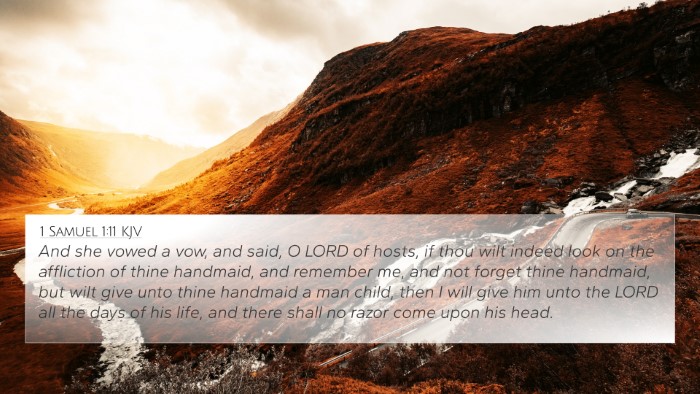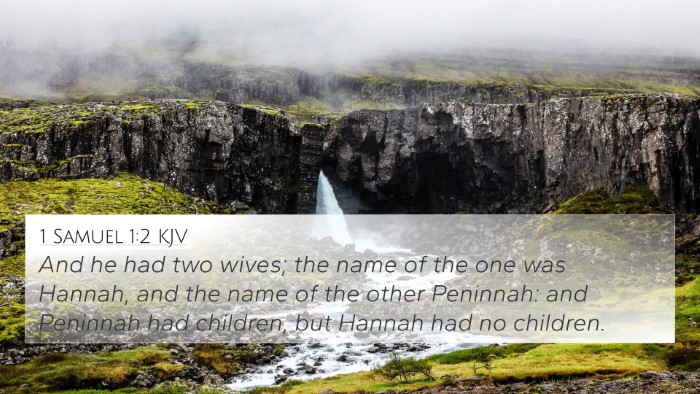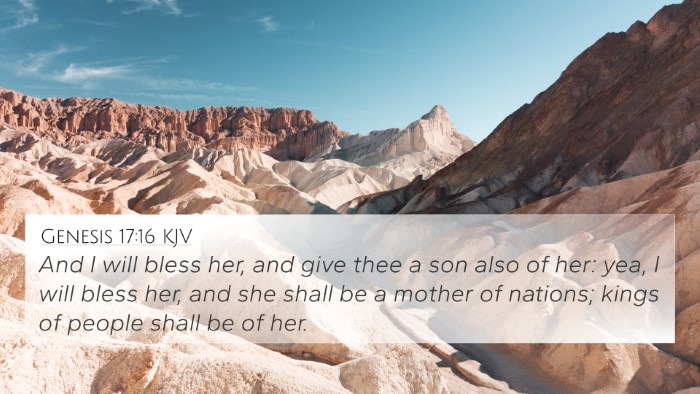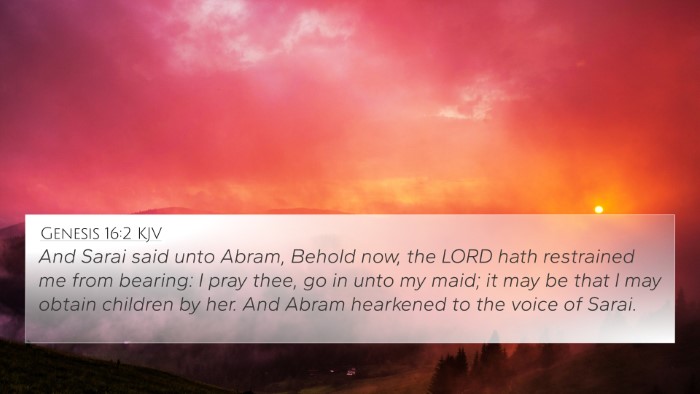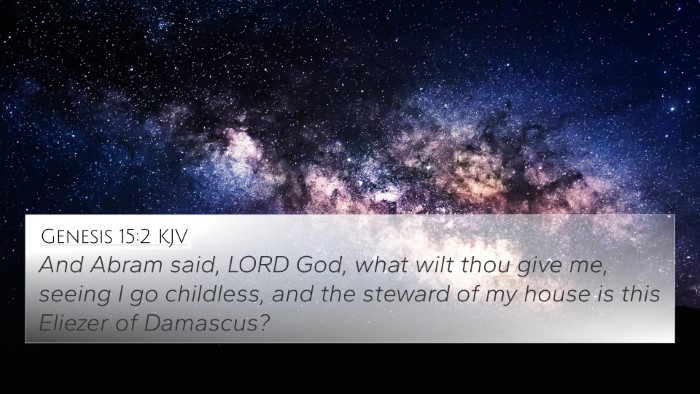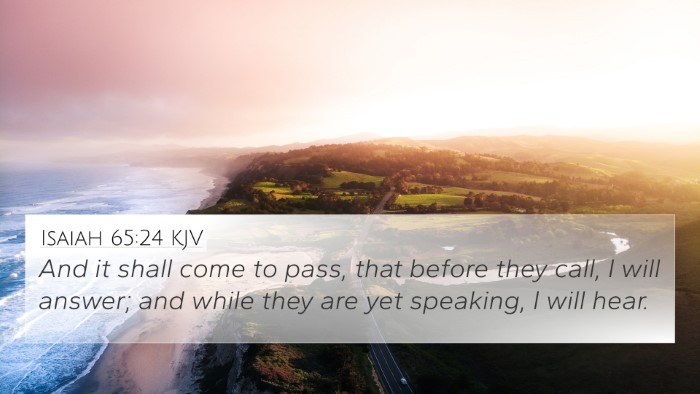Understanding Genesis 25:21
Genesis 25:21 states: "And Isaac entreated the LORD for his wife, because she was barren: and the LORD was entreated of him, and Rebekah his wife conceived." This verse highlights a profound moment in the life of Isaac and Rebekah, reflecting themes of prayer, faith, and divine intervention.
Contextual Overview
This passage falls within the narrative of Isaac's family and the broader story of God's promises to Abraham and his descendants. Isaac, the son of Abraham, is here depicted as a man of prayer, interceding for his wife Rebekah's fertility, an important cultural and personal issue in biblical times.
Significance of Prayer
Isaac's act of entreating the Lord serves to emphasize the importance of prayer in seeking God’s help. It's a demonstration of reliance on God's providence, showing how personal petitions can lead to divine action. As Matthew Henry notes, "Prayer is a key that unlocks the storehouse of God's mercy."
Divine Response
The passage further demonstrates God's responsiveness to prayer. Albert Barnes elaborates on this by stating that God's willingness to answer prayer is a recurring theme in scripture, reflecting His readiness to engage with His people. "God may delay answering our prayers, but He never denies them when they are earnest and in accordance with His will."
Rebekah's Barren State
Rebekah's barrenness holds profound implications, both socially and spiritually. Adam Clarke remarks that barrenness is often viewed as a divine withholding of blessing, which emphasizes the significance of God's intervention in her life. She ultimately becomes the mother of Jacob and Esau, fulfilling God's promise to Abraham and Isaac.
Cross References
This verse connects with numerous other biblical passages that highlight the themes of infertility, prayer, and God's faithfulness. Here are some related cross-references:
- Genesis 30:1-2: Rachel's plea to Jacob, illustrating the pain of barrenness.
- 1 Samuel 1:9-20: Hannah's prayer for a child and God's response.
- Luke 1:13-14: The angel's announcement to Zechariah about Elizabeth's pregnancy.
- Psalm 113:9: "He makes the barren woman to keep house, and to be a joyful mother of children."
- Genesis 18:10: The Lord's promise to Sarah regarding her future son Isaac.
- Job 42:10: God's restoration to Job after his hardships, including fertility blessings.
- Isaiah 54:1: A call for the barren to rejoice because of impending blessings.
Thematic Bible Verse Connections
The story of Isaac and Rebekah serves as an entry point to explore broader themes within the Bible, such as:
- Faith and Perseverance: The importance of maintaining faith in God's promises despite challenges.
- God's Sovereignty: How God orchestrates events in the lives of His chosen ones.
- Prayer as a Means of Grace: The role of prayer in seeking God’s will and intervention.
- Generational Blessings: The impact of faithful actions in one generation on the next.
Bible Verse Parallels
Genesis 25:21 can be paralleled with other scripture verses that deal with similar situations of prayer and divine blessing:
- Matthew 7:7: "Ask, and it will be given to you; seek, and you will find; knock, and it will be opened to you."
- James 5:16: "The prayer of a righteous person is powerful and effective."
- Hebrews 11:6: "He who comes to God must believe that He is, and that He is a rewarder of those who diligently seek Him."
Conclusion
Genesis 25:21 serves as a rich text for exploring the nature of prayer, God's faithfulness, and the significance of family lineage within the biblical narrative. By engaging with this verse and its connections, individuals can deepen their understanding of scripture and the overarching themes that define the faith journey. Utilizing tools for Bible cross-referencing, such as a Bible concordance or cross-reference guide, can enhance one’s study and application of these spiritual truths.
Further Study and Reflection
For those interested in a deeper exploration of the nuances within the Bible, focusing on how to use Bible cross-references is essential. Identifying connections between Old and New Testament stories enriches understanding and reveals God’s consistent character through time. Examining detailed connections through cross-referencing Bible study methods can uncover deeper meanings and spark personal faith journeys.
